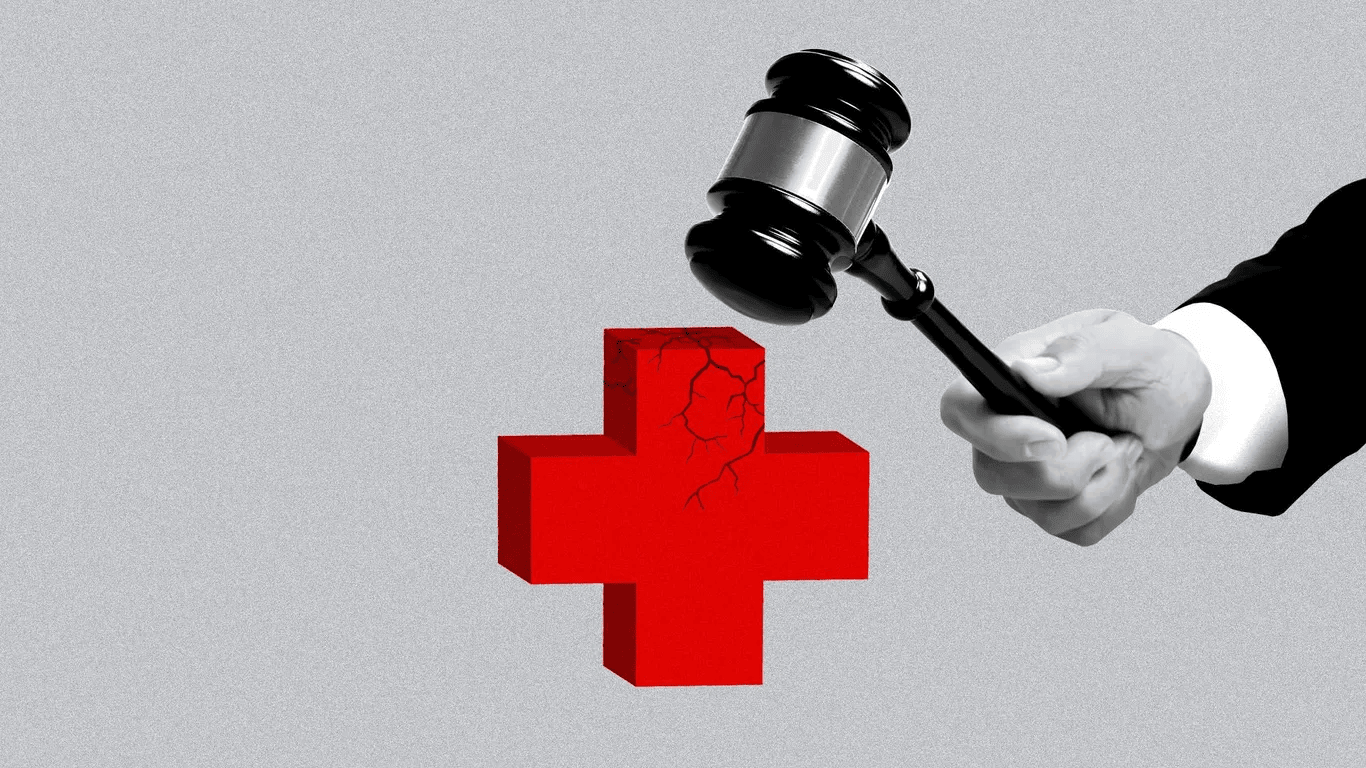
 Following the Alabama Supreme Court’s decision last week that frozen embryos should be legally protected as “unborn life,” doctors and patients are already reconsidering infertility treatments.
Following the Alabama Supreme Court’s decision last week that frozen embryos should be legally protected as “unborn life,” doctors and patients are already reconsidering infertility treatments.
Making headlines: Citing “the potential that our patients and our physicians could be prosecuted criminally or face punitive damages for following the standard of care,” the University of Alabama at Birmingham suspended in vitro fertilization procedures.
Physicians all around the state are debating whether they should change the way they handle in vitro fertilization (IVF), probably in ways that could make the process riskier, more costly, and more unpleasant for women who are trying to conceive.Following the Alabama Supreme Court’s decision last week that frozen embryos should be legally protected as “unborn life,” doctors and patients are already reconsidering infertility treatments.
Making headlines: Citing “the potential that our patients and our physicians could be prosecuted criminally or face punitive damages for following the standard of care,” the University of Alabama at Birmingham suspended in vitro fertilization procedures.
Physicians all around the state are debating whether they should change the way they handle in vitro fertilization (IVF), probably in ways that could make the process riskier, more costly, and more unpleasant for women who are trying to conceive.
Quick refresher: the Alabama Supreme Court decided on Friday that frozen embryos are legally considered children, and that destruction of those embryos would be illegal.
The process involves the retrieval of as many eggs as possible, fertilization, and subsequent reintroduction of a fertilized egg into the patient by medical professionals.
The remainder are maintained at freezing temperatures. The frozen embryos are also available in case the patient chooses to have additional children in the future. Usually, it takes multiple transfers to become pregnant.
Mamie McLean, a doctor at one of Alabama’s biggest fertility clinics, told The Washington Post that “under the current Alabama ruling, patients nor physicians nor IVF labs are going to be willing to have frozen embryos,”







